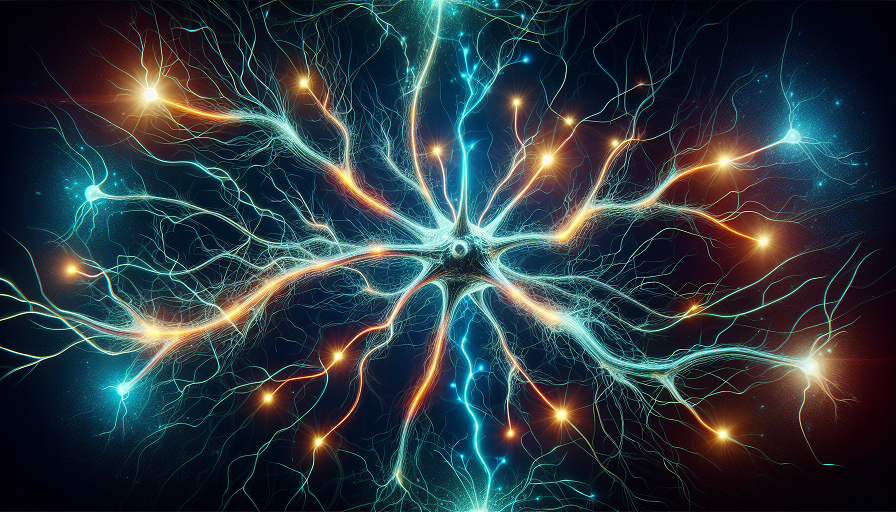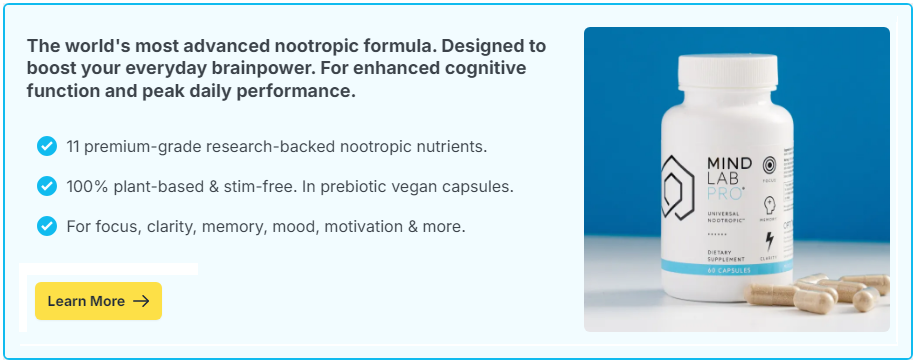
Wish you could learn faster? Whether it’s picking up a new language, mastering an instrument, or developing a new professional skill, the way you learn matters just as much as the time you spend doing it.
Instead of relying on outdated study habits, let’s dive into proven, science-backed learning strategies that can help you master new skills in half the time.
Contents
- 1. Use the 80/20 Rule (Pareto Principle)
- 2. Spaced Repetition (The Key to Long-Term Retention)
- 3. Active Recall (Test Yourself Instead of Rereading)
- 4. Interleaving (Mix Up Your Learning)
- 5. The Feynman Technique (Teach It to a 5-Year-Old)
- 6. Use Multisensory Learning (Engage More Than One Sense)
- 7. Optimize Your Environment for Deep Work
- 8. Get Immediate Feedback (Correct Mistakes Fast)
- 9. Leverage Mental Imagery (Visualize Success)
- 10. Sleep and Exercise (The Brain’s Natural Learning Boosters)
1. Use the 80/20 Rule (Pareto Principle)
Why it works: Focus on the most important 20% of information that gives you 80% of the results.
The science: Studies show that targeted practice leads to faster skill acquisition.
How to apply it: Identify the key elements of a skill and prioritize learning them first. For example, in language learning, focus on the most commonly used words and phrases.
2. Spaced Repetition (The Key to Long-Term Retention)
Why it works: Revisiting information at strategic intervals strengthens memory.
The science: Spaced repetition has been proven to enhance retention and prevent forgetting.
How to apply it: Use flashcards or apps like Anki or Quizlet to review information at increasing intervals (e.g., one day, three days, one week).
3. Active Recall (Test Yourself Instead of Rereading)
Why it works: Actively retrieving information strengthens neural pathways.
The science: Research shows that self-testing is one of the most effective learning strategies.
How to apply it: Instead of passively reading notes, close the book and try to recall the key points from memory.
4. Interleaving (Mix Up Your Learning)
Why it works: Switching between related topics strengthens problem-solving and adaptability.
The science: Studies show that interleaving helps the brain make connections between different concepts.
How to apply it: If you’re learning guitar, practice chords, scales, and songs in rotation instead of repeating one skill over and over.
5. The Feynman Technique (Teach It to a 5-Year-Old)
Why it works: Teaching forces you to simplify concepts, revealing gaps in your understanding.
The science: Teaching others has been shown to enhance comprehension and retention.
How to apply it: Explain the concept in simple terms as if teaching a child. If you struggle, go back and relearn.
6. Use Multisensory Learning (Engage More Than One Sense)
Why it works: The more senses you involve, the stronger the memory.
The science: Studies suggest that combining visual, auditory, and kinesthetic learning enhances retention.
How to apply it: Combine reading with writing, listening with speaking, and practical application with observation.
7. Optimize Your Environment for Deep Work
Why it works: Distraction-free learning improves focus and efficiency.
The science: Research shows that deep, uninterrupted study sessions lead to better mastery.
How to apply it: Remove distractions, set a timer, and work in a quiet space.
8. Get Immediate Feedback (Correct Mistakes Fast)
Why it works: Correcting mistakes early prevents bad habits.
The science: Feedback loops accelerate skill improvement.
How to apply it: Use apps, mentors, or practice partners to provide instant feedback on your progress.
9. Leverage Mental Imagery (Visualize Success)
Why it works: Mental rehearsal strengthens neural connections before physical practice.
The science: Studies show that athletes and musicians who visualize their performance improve faster.
How to apply it: Close your eyes and mentally go through the steps of the skill you’re learning.
10. Sleep and Exercise (The Brain’s Natural Learning Boosters)
Why it works: Sleep consolidates memory, while exercise enhances brain function.
The science: Sleep strengthens learning, and aerobic exercise boosts neuroplasticity.
How to apply it: Get 7–9 hours of sleep and incorporate movement into your daily routine.
Interested in more brain health listicles? Go HERE

